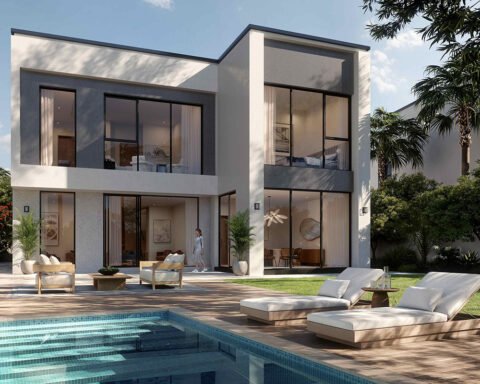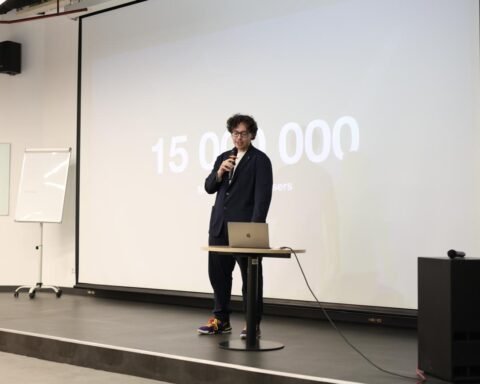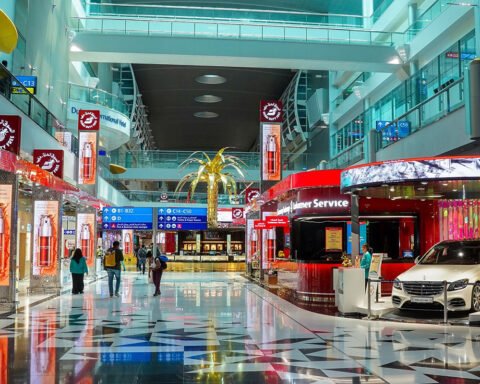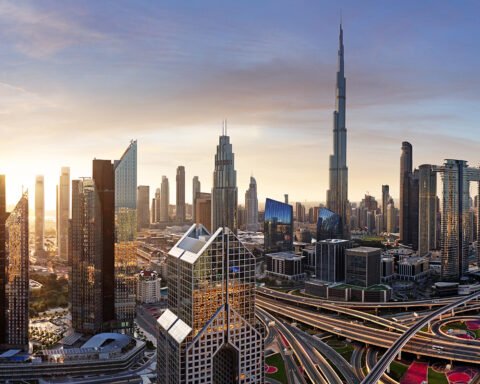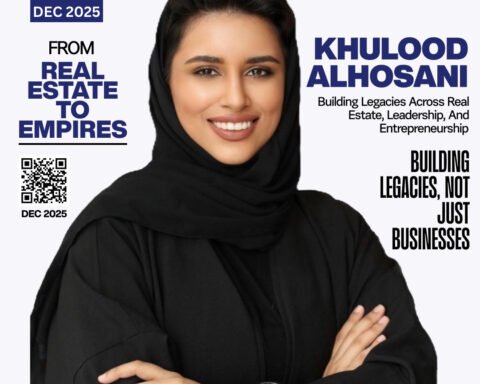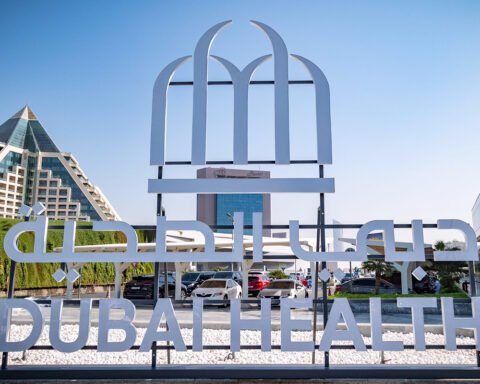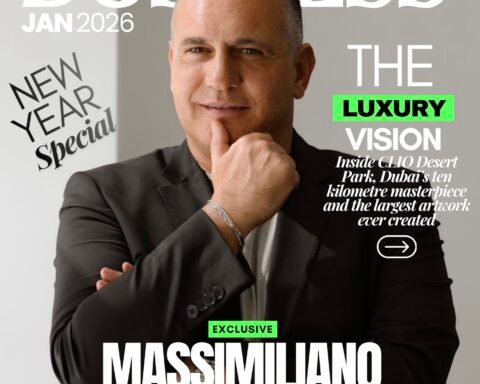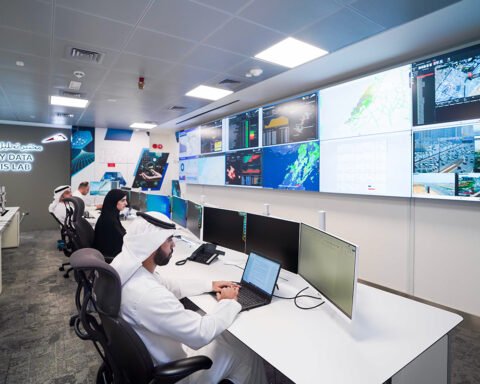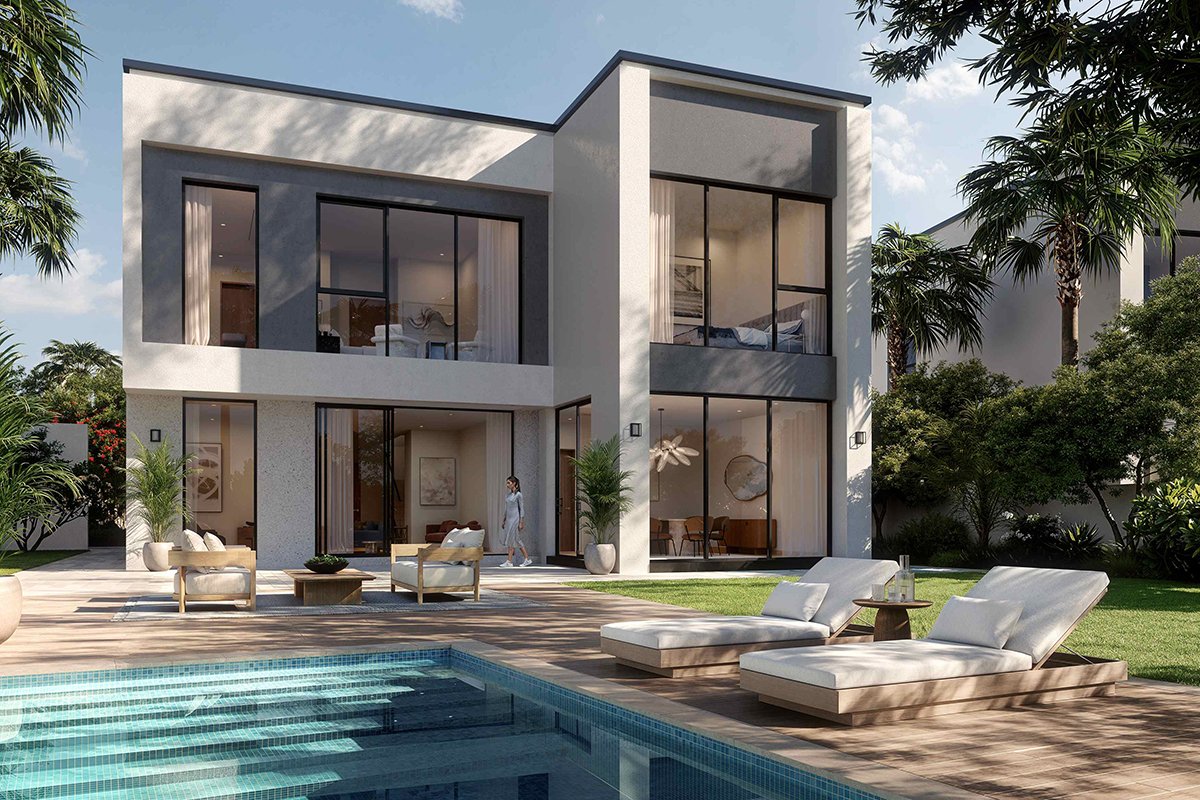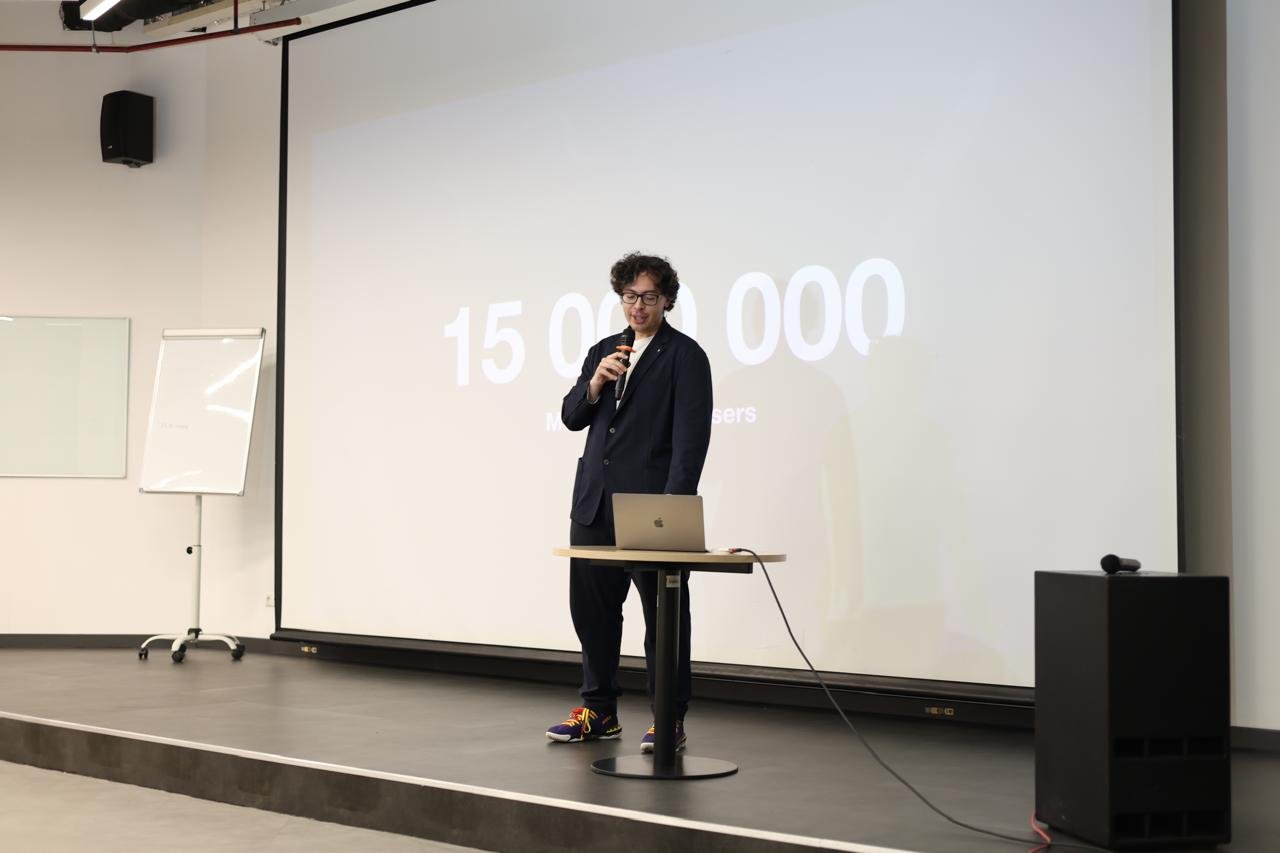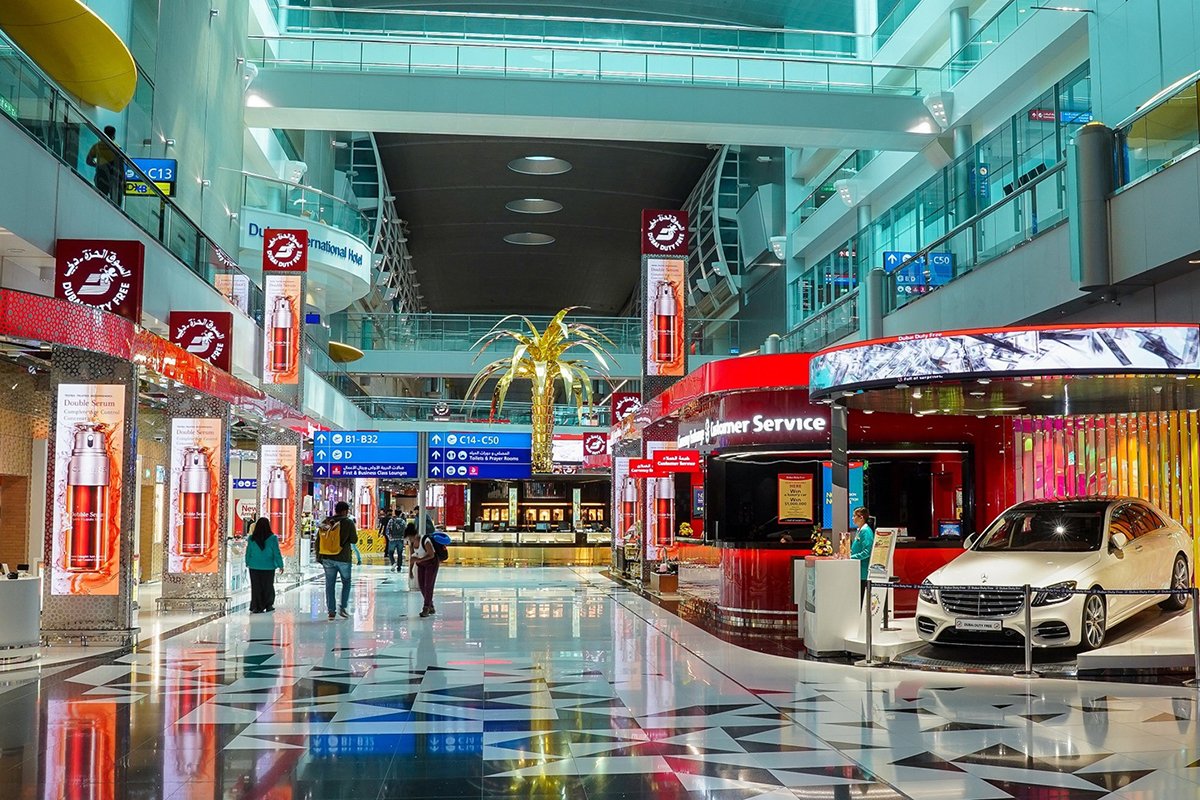
Dubai Soars in Global Wealth Rankings as Lifestyle and Policy Lure the World’s Elite
Dubai climbs to 7th globally in wealth rankings, driven by surging luxury demand, tax-friendly policies, and a lifestyle ecosystem tailored for the world’s elite
by Allen Cot
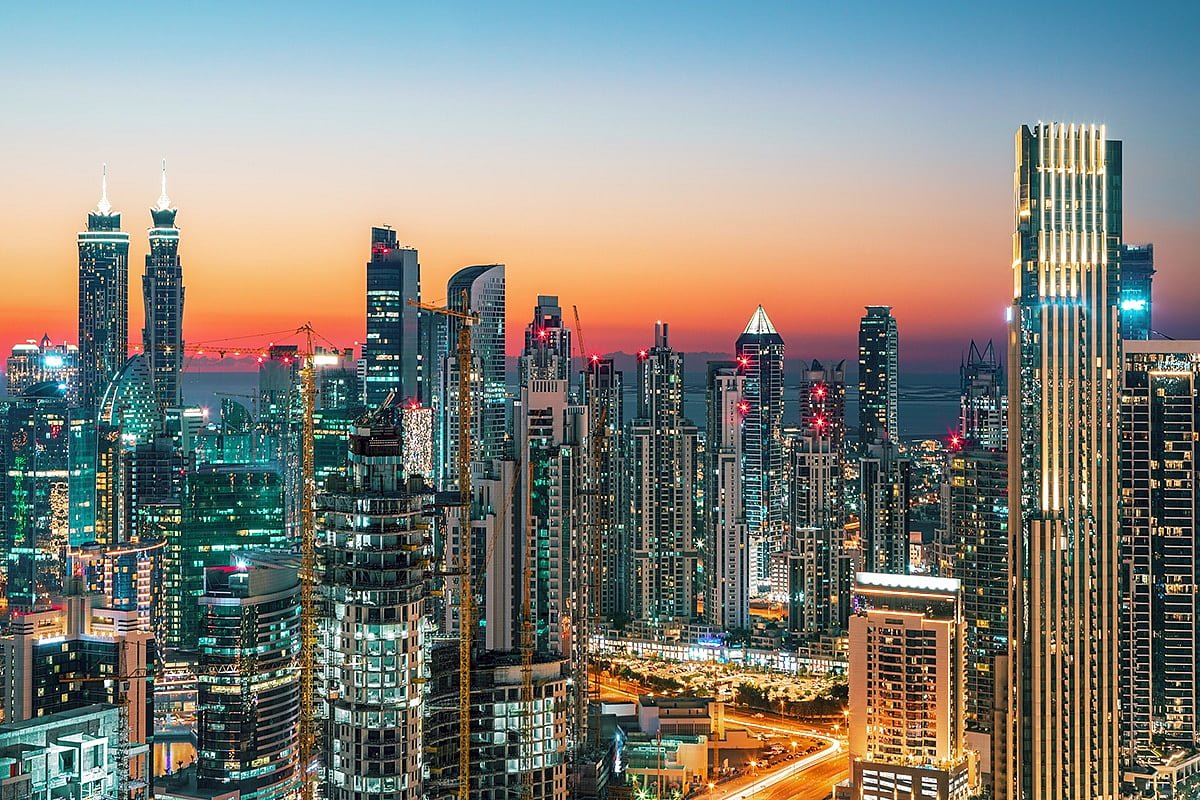
With rising luxury demand, a booming real estate market, and future-ready economic reforms, Dubai cements its place among the world’s most attractive cities for high-net-worth individuals
Dubai’s ascent as a global wealth hub continues to accelerate, with the emirate climbing five spots to rank seventh globally and fourth in the EMEA region as a preferred destination for high-net-worth individuals (HNWIs), according to the Julius Baer Global Wealth and Lifestyle Report 2025. This remarkable rise, the highest leap recorded across Europe, the Middle East, and Africa, underscores Dubai’s growing appeal among the world’s affluent, despite only a marginal 1% increase in average local currency prices.
The report, which benchmarks the cost of luxury living across global cities, presents a compelling portrait of Dubai’s transformation from a regional business centre to a world-leading nexus of wealth, lifestyle, and innovation. At a time when geopolitical tensions and economic uncertainty have cast a shadow over many global cities, Dubai is experiencing record inflows of capital, talent, and investment.
A Magnet for Millionaires
Central to Dubai’s success is a potent combination of low taxes, visionary governance, and top-tier infrastructure. The city has outpaced traditional financial capitals such as Monaco and Zurich in its ability to attract global elites. Global mobility advisory firm Henley & Partners reports a staggering 102% increase in the number of millionaires residing in Dubai over the past decade — the fastest growth worldwide.
“This is not a momentary spike — it’s a long-term recalibration,” said Behnam Bargh, managing director at CRC Property. “Dubai is no longer just a second-home city for global elites. It is becoming the first choice for residency, business, and lifestyle.”
Big-ticket items have significantly contributed to the city’s higher ranking. Car prices in Dubai have surged by 13%, while residential property values have soared by 17% over the past year. This mirrors the broader real estate boom, with overall property values jumping 27% in 2024, especially in prime districts, driven by international demand and investor confidence.
Lifestyle Meets Longevity
Beyond its fiscal appeal, Dubai’s lifestyle offering continues to resonate with wealthy residents. The luxury experience extends beyond designer boutiques and premium hotels to encompass wellness, sustainability, and longevity — areas of increasing focus for HNWIs in the Middle East.
The report reveals that nearly all affluent individuals in the region are investing in ways to enhance both their lifespan and financial health. From advanced medical treatments and holistic health retreats to cutting-edge longevity-focused infrastructure, Dubai is tailoring its services to cater to every stage of life. With the city’s population over 60 expected to grow by 29% by 2050, this sector is poised for exponential growth.
The Emirate’s ambitious “D33” economic strategy — aimed at doubling the size of Dubai’s economy by 2033 — places a strong emphasis on sectors linked to wellness, health tech, and sustainable urban living, further supporting this trend.
A Thriving Financial Ecosystem
Dubai’s financial services industry is booming alongside its luxury sector. The Dubai International Financial Centre (DIFC) recorded a 25% rise in active companies in 2024, reinforcing its role as a magnet for fintech, digital assets, and global capital markets. Meanwhile, Abu Dhabi continues to diversify with an 8.6% rise in its non-oil GDP, now contributing over 55% to the emirate’s overall economy.
Christian Gattiker, head of research at Julius Baer, noted the region’s unique resilience: “With low inflation, strong fiscal buffers, and a commitment to reform, Dubai and Abu Dhabi are attracting wealth and talent at a time when many global cities are facing economic stagnation.”
A Global Leader in Luxury
While global luxury markets have started to soften — marked by a 2% decline in US dollar prices and a 22.6% drop in technology costs — Dubai remains an exception. Travel and private education costs have surged, but the city’s luxury and experience-based economy continues to thrive.
With Singapore, London, and Hong Kong topping the 2025 rankings, Dubai’s seventh-place finish places it in elite company. More notably, its rise hints at even greater ambitions. Backed by a stable economy, forward-looking policies, and a thriving lifestyle ecosystem, Dubai is not just keeping pace with global wealth hubs — it is setting the pace.
As the global elite continue to seek safe, sophisticated, and future-focused destinations, Dubai stands ready — not only as a haven for wealth, but as a vision for what 21st-century urban luxury can be.
Post Views: 851
- Al-Futtaim Real Estate Unveils Al Badia Villas at Dubai Festival City
- Dubai’s 1 Billion Followers Summit Sells Out Ahead of Landmark Three-Day Gathering
- Ali Gasymov: From a School Project to 100,000 Creators — The Global Rise of YouTube Tags
- Record December Fuels Dubai Duty Free to Historic $2.38bn Sales Milestone in 2025

